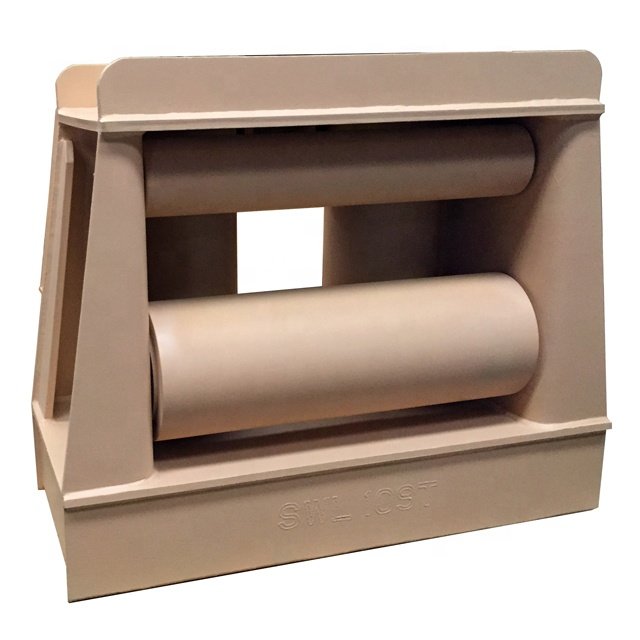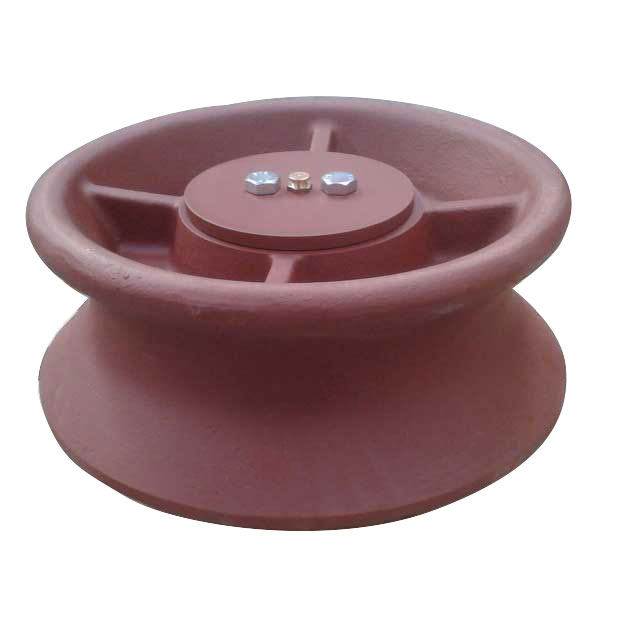Roller fairleads, crucial components in maritime operations, play a pivotal role in guiding cables and lines with minimal friction, ensuring safe and efficient vessel operations. Recent strides in material science have revolutionized roller fairlead design, introducing stronger, more durable, and efficient components. This article explores the impact of advanced materials on roller fairlead construction and the myriad benefits they offer to the maritime industry.

Stainless Steel Alloys for Enhanced Durability:
Traditional materials are being replaced with high-strength stainless steel and aluminum alloys, extending service life and reducing maintenance needs.
Increased tensile strength and corrosion resistance make these alloys ideal for harsh maritime conditions, enhancing overall performance and longevity.
Lightweight Aluminum Alloys for Efficiency:
Roller fairleads made from advanced aluminum alloys prioritize fuel efficiency and operational performance.
Lightweight construction facilitates easier installation and handling, contributing to improved vessel efficiency and reduced environmental impact.
Composite Materials for Weight Reduction:
Carbon fiber-reinforced polymers and advanced thermoplastics offer significant weight reduction in roller fairlead construction.
Lightweight materials enhance fuel efficiency and ease of handling, benefiting vessel performance and environmental sustainability.
Polymer Coatings for Corrosion Resistance:
Advanced polymer coatings like polyurethane and epoxy provide additional corrosion protection to roller fairleads.
These coatings prolong fairlead lifespan by safeguarding against corrosive marine environments, ensuring structural integrity over time.
Carbon Fiber-Reinforced Polymers for Strength:
Integration of carbon fiber-reinforced polymers enhances roller fairlead durability and resilience.
These materials offer an optimal balance of strength and lightness, resulting in improved performance and extended service life.
Ceramic Components for Wear Resistance:
Incorporating ceramic-coated rollers or bearings enhances wear resistance and reduces friction in roller fairleads.
This results in smoother cable guidance and prolonged fairlead lifespan, contributing to operational efficiency and reliability.

Titanium Alloys for Strength and Corrosion Resistance:
Titanium alloys offer exceptional strength-to-weight ratio and corrosion resistance, making them ideal for demanding marine applications.
Roller fairleads constructed with titanium alloys ensure longevity and reliability in harsh marine conditions.
Self-Lubricating Materials for Reduced Maintenance:
Innovative self-lubricating materials minimize friction and wear in roller fairleads, reducing the need for frequent maintenance.
These materials enhance operational efficiency and decrease downtime, contributing to overall cost savings.
Nanotechnology-Driven Surface Treatments:
Nanotechnology advancements enable better surface treatments for roller fairleads, enhancing wear, corrosion, and fouling resistance.
Nano-coatings improve overall performance and durability, ensuring reliable operation in harsh marine environments.
Conclusion
The incorporation of advanced materials in roller fairlead construction signifies a significant advancement in maritime technology. High-strength alloys, lightweight composites, corrosion-resistant coatings, ceramic components, titanium alloys, self-lubricating materials, and nanotechnology-driven surface treatments collectively enhance fairlead longevity, efficiency, and dependability. As vessel designs evolve and operational demands increase, ongoing research in advanced materials promises to further elevate roller fairlead performance, fostering safer and more efficient maritime operations.